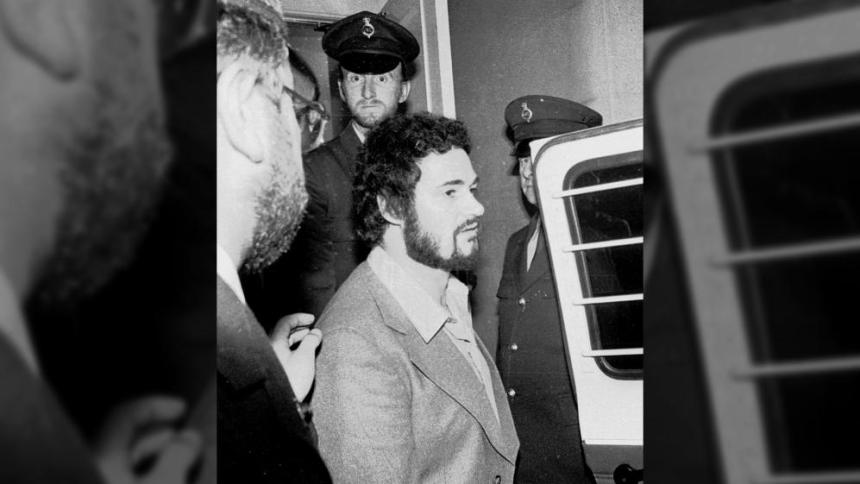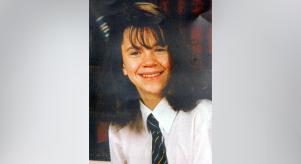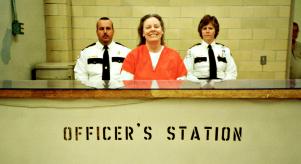In the 1970s, women in the North of England lived under a reign of terror. A series of the most savage murders claimed the lives of female victims across Leeds, Bradford, Manchester and Huddersfield. The man responsible,Peter Sutcliffe is perhaps one of the best-known English serial killers. Between 1975 and 1980 Sutcliffe, a married lorry driver from Bradford killed thirteen women and attempted to kill seven.
In 1981, he was found guilty of all thirteen murders and attempted murders and was given 20 life sentences. He died in November 2020 from the Coronavirus. It was one of the largest and most expensive manhunts in British history, described by The Guardian as 'stunningly mishandled'. The case became known for police failures and the sexist attitudes of the investigators which effectively blamed the victims. According to the Yorkshire Post, 'the victims were divided into either prostitutes and ‘good time girls’ or those killed ‘by mistake’ by the police.
Sutcliffe’s victims and those who survived his attacks ranged from teenagers to 40-somethings. Among them were a university student, a doctor, a bank clerk and a civil servant and women who worked in the sex trade.
28-year-old Wilma McCann, Sutcliffe's first victim was a single-mother bringing up her four children alone. In October 1975, after her body had been discovered at Prince Phillip Playing Fields, Leeds her children discovered police were mistakenly referring to their mother as a sex worker in the newspapers. All four children were taken in to care.
Wilma’s son, Richard McCann has lived most of this life with the intrusion of the press coverage of his mother’s death. Following the killer’s death, he has spoken out about the pain caused to victims when the press referred to Sutcliffe as the Yorkshire Ripper. He told BBC News of the upset this caused.
'Please bear in [mind] the word, it serves to re-traumatise us families left behind because it's a description of how our loved ones, how they were maimed, how their injuries were inflicted.
'In memory of those women that died, please no longer call him that name, the name we've had to endure for most of our lives.'
By 1977, Sutcliffe had killed for the fifth time. It was the murder of teenager, Jayne McDonald in 1977, which prompted a front-page editorial from The Yorkshire Evening Post which is related in Somebody's Mother, Somebody's Daughter: True Stories from Victims and Survivors of the Yorkshire Ripper by Carol Anne Lee. The editorial titled: 'An Open Message to the Ripper' opined:
‘You have killed five times now, in less than two years you have butchered five women in Leeds and Bradford. Your motive, it’s believed is a dreadful hatred for prostitutes... But, inevitably, that twisted passion went horribly wrong on Sunday night. An innocent sixteen-year-old lass, a happy, respectable working-class girl from a decent Leeds family crossed your path.....Is it not time for you to seek help....before another Jayne falls to your knife?'
The categorisation of some victims as ‘respectable’ and ‘decent’ by the police gave a very clear message that investigators viewed Sutcliffe’s victims who worked as sex workers as less than innocent.
Following Sutcliffe’s death in 2020, the chief constable of West Yorkshire apologised for 'additional distress and anxiety caused to all relatives by the language, tone and terminology used by senior officers at the time in relation to Peter Sutcliffe’s victims.'
Police also apologised for the failings and mistakes in the investigation.
These apologies had taken 40 years.






